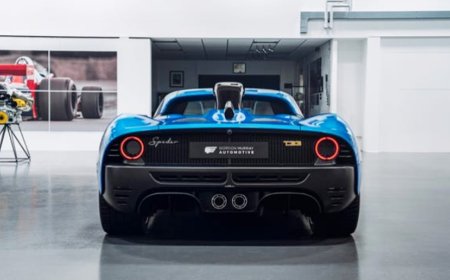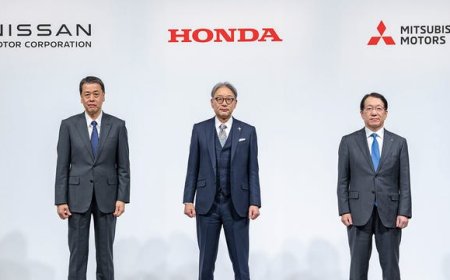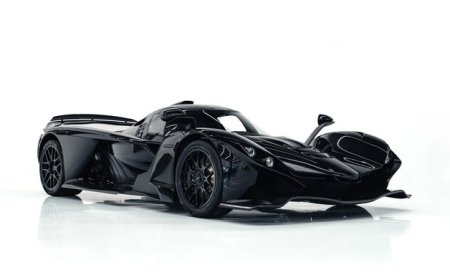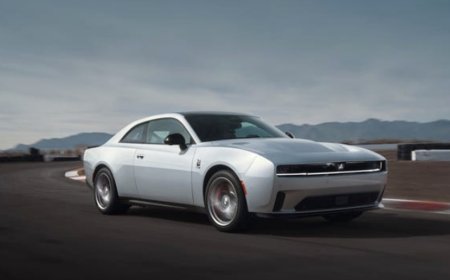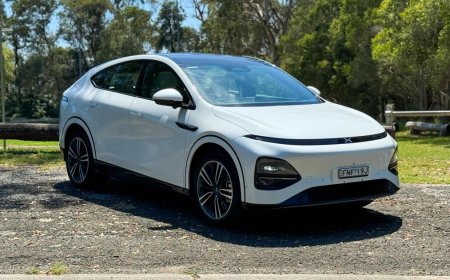Volkswagen grapples with crisis as 68,000 workers walk out
Strikes at nine plants signal growing unrest as Volkswagen faces tough union negotiations, declining demand, and stiff competition from Asian automakers.
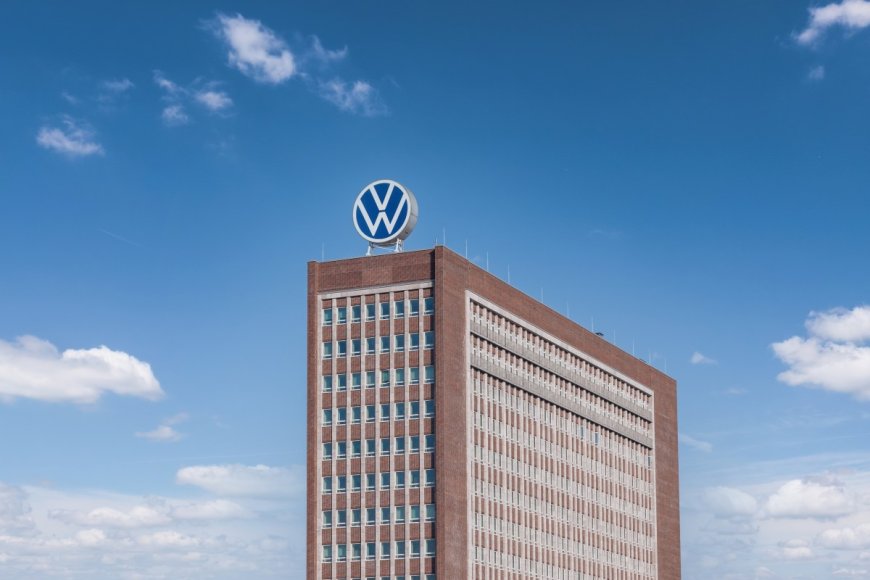
Volkswagen, Europe’s largest carmaker, is caught in a storm of escalating labor disputes, cost-cutting measures, and competitive pressures that threaten its position in the global automotive market.
The most recent round of talks between the automaker and union representatives have been described as "constructive" but have failed to yield a solution, leaving tensions high as workers prepare to escalate strikes in 2025.
Related: The most—and least—reliable car brands on the road today
Strikes signal growing unrest
On Dec. 9, roughly 68,000 Volkswagen workers at nine German plants staged strikes, with unions warning of escalations if negotiations falter. The strikes, organized by IG Metall, were larger than previous industrial actions, signaling mounting frustration among employees. 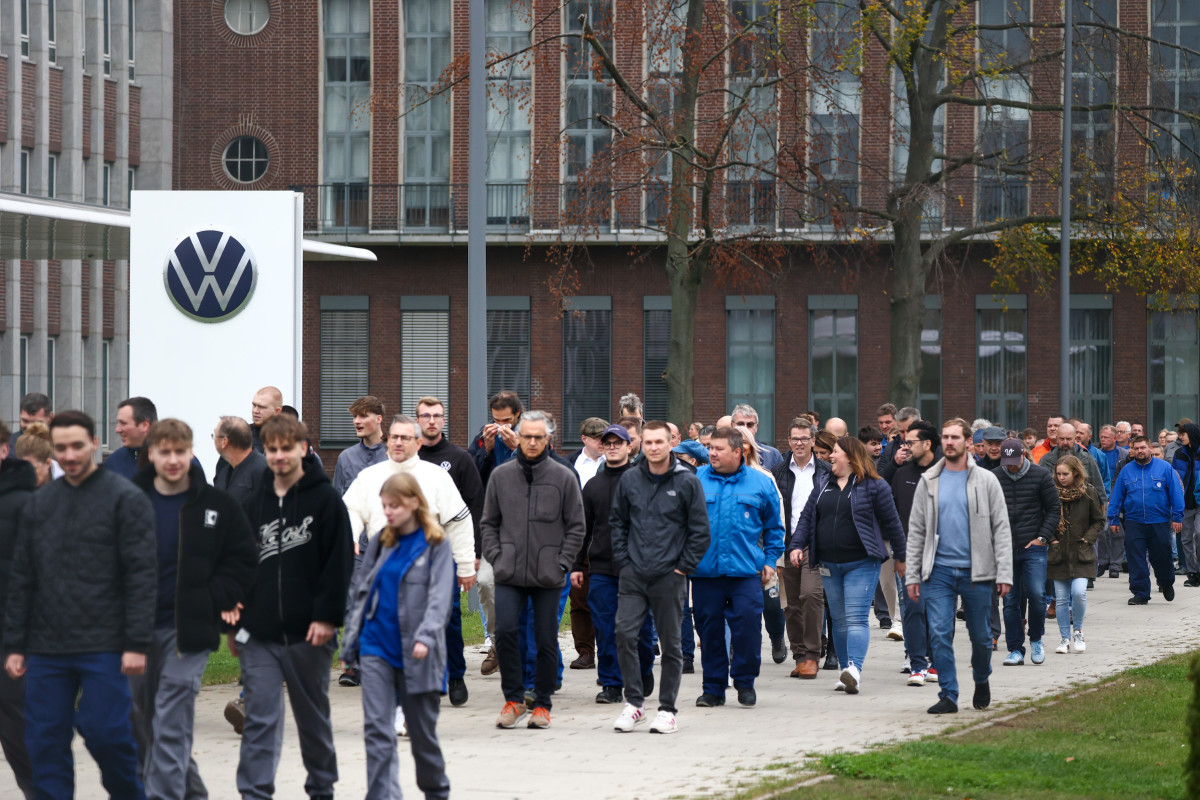
Union leader Thorsten Groeger stated that the recent talks were the first to occur in a “constructive climate,” but warned that unless progress is made by the next scheduled negotiations on Dec. 16-17, strikes could intensify into 24-hour or even open-ended walkouts.
Workers are pushing back against Volkswagen’s proposals for wage cuts and potential plant closures, which the automaker deems necessary to address declining demand in Europe and rising competition from low-cost Asian rivals.
Related: BMW teases new generation of electrified M cars
Mounting political pressure
Volkswagen’s troubles extend beyond its factories. The strikes come at a time of broader economic and political uncertainty in Germany. Chancellor Olaf Scholz, facing declining poll numbers ahead of a snap election, has publicly urged Volkswagen to avoid factory closures, adding political pressure to an already volatile situation.
The automaker’s financial woes are also under scrutiny. Volkswagen’s stock has dropped nearly 25% this year, making it one of the worst performers among European carmakers. Critics, including labor leaders, argue that management’s handling of the crisis has eroded trust and tarnished the VW brand.
Related: What's up with Alfa Romeo?
A rapidly changing industry
Volkswagen’s crisis reflects broader challenges facing the automotive industry. Rising competition from Chinese manufacturers like BYD, which has rapidly expanded its workforce, underscores the difficulty of competing in the fast-evolving electric vehicle (EV) market.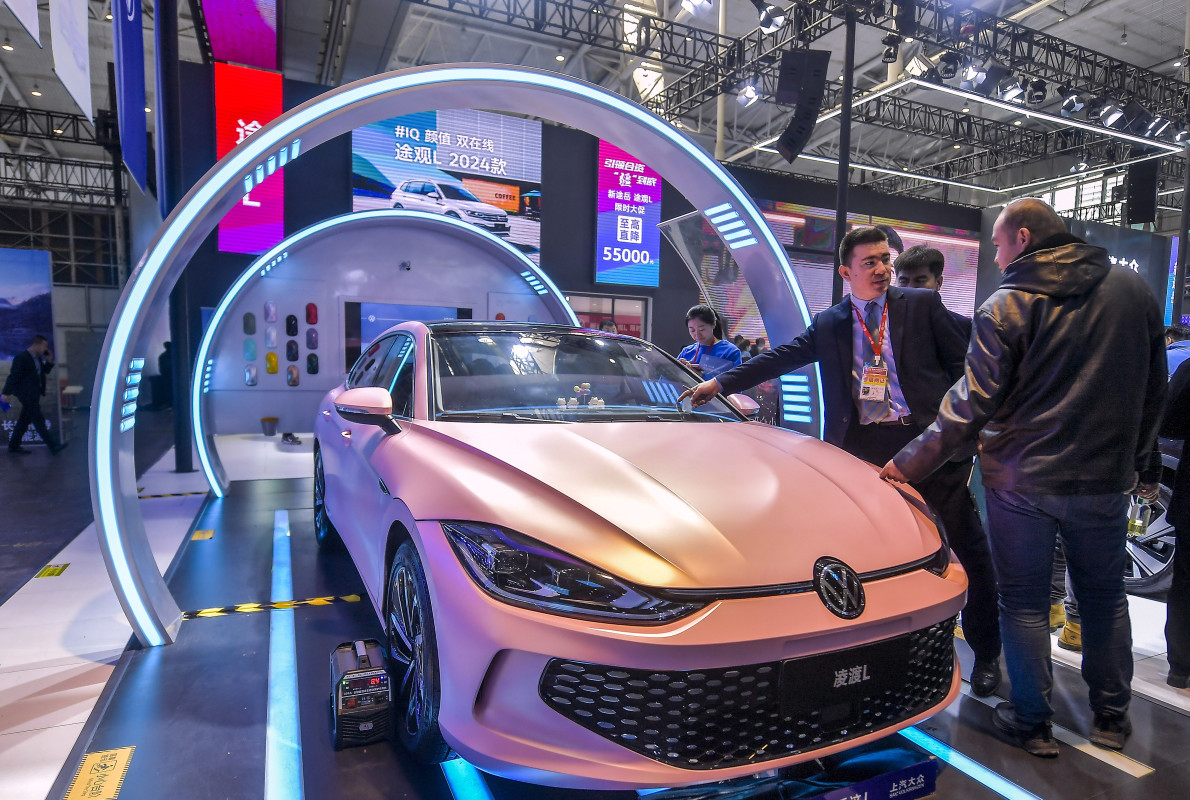
Volkswagen CEO Oliver Blume has defended the company’s cost-cutting measures, arguing that they are essential for adapting to industry changes. VW management cannot operate in a “fantasy world," Blume said, emphasizing the need to reduce overcapacity and high operating costs in Germany.
Final thoughts
The clock is ticking for Volkswagen to find common ground with its workforce. As strikes continue to disrupt production, the automaker risks falling further behind competitors in the global market. The next round of talks will be critical in determining whether the company can navigate this crisis without further damaging its reputation or its bottom line.
For Volkswagen, the stakes could not be higher: the outcome of these negotiations may not only decide the fate of its German plants but also its ability to remain a dominant force in the automotive industry.
Related: Americans are keeping their cars longer—and repairing them less
